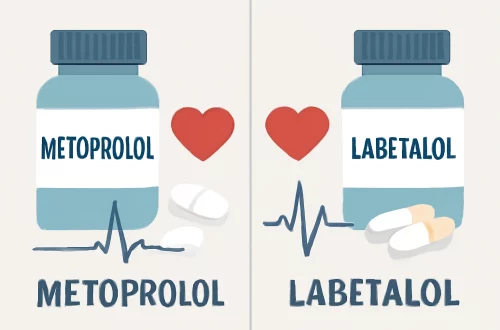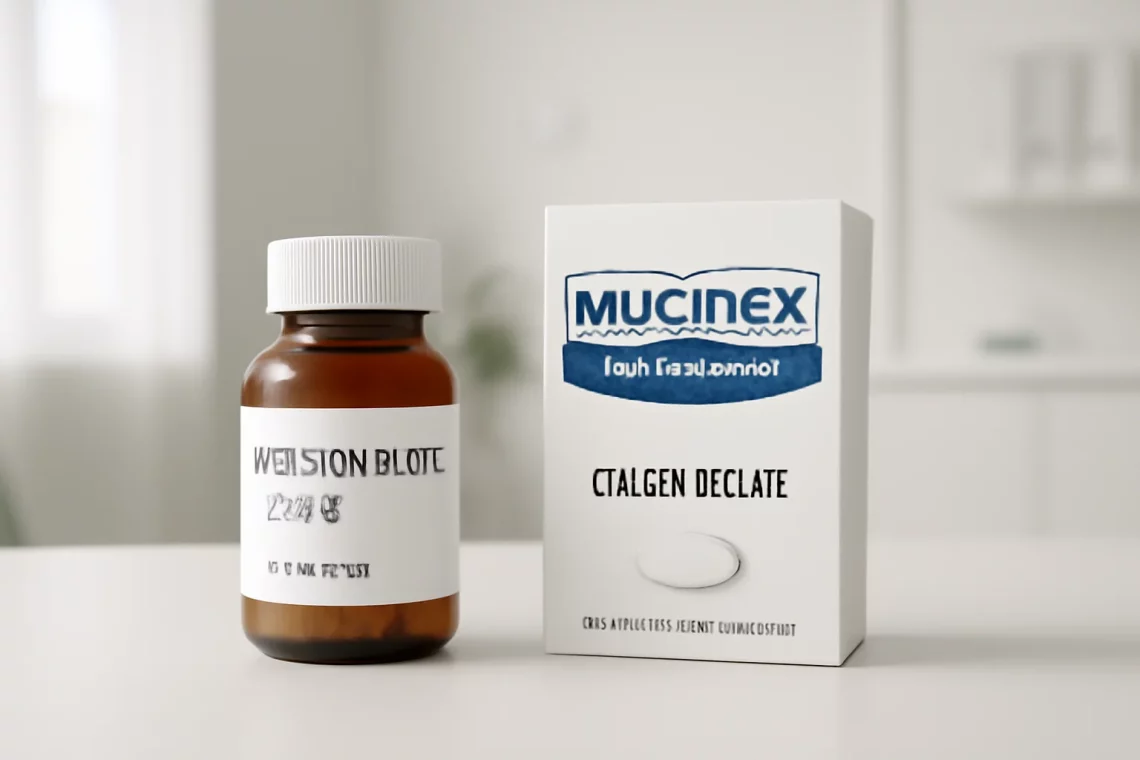-
Benzonatate vs Dextromethorphan: Which Cough Suppressant is Better?
The world of cough medications is vast, encompassing a variety of options designed to alleviate symptoms associated with respiratory conditions. Among these, Benzonatate and Dextromethorphan stand out as popular choices for managing cough. Understanding the differences between these two medications is crucial for anyone seeking effective relief. Benzonatate is a non-narcotic cough suppressant that works by numbing the throat and lungs, reducing the cough reflex. On the other hand, Dextromethorphan, an ingredient found in many over-the-counter cough medications, acts on the brain’s cough center to suppress the urge to cough. Both medications have their unique benefits and potential side effects, making it essential to explore their characteristics, uses, and how…
-
Benzonatate vs Codeine: Understanding Their Differences and Uses
Benzonatate and codeine are two medications commonly used to manage coughs, but they operate in distinctly different ways and have varying implications for patient care. Benzonatate is a non-narcotic cough suppressant that works by numbing the throat and lungs, reducing the urge to cough. On the other hand, codeine is an opioid that not only relieves cough but also serves as a pain reliever. Understanding the differences between these two medications is crucial for patients who may be considering their options for cough relief. Coughing can be a bothersome symptom caused by various conditions, including allergies, colds, and respiratory infections. Both benzonatate and codeine have their places in treatment protocols,…
-
Benzonatate vs Mucinex: Which Cough Relief is More Effective?
When it comes to managing coughs and respiratory discomfort, many people find themselves navigating a wide array of over-the-counter medications. Among these, Benzonatate and Mucinex have gained popularity for their effectiveness in alleviating symptoms associated with colds, allergies, and respiratory infections. Both medications serve distinct purposes and work in different ways, making it essential for consumers to understand their unique properties and potential uses. Benzonatate, a non-narcotic cough suppressant, can help individuals struggling with persistent coughs by targeting the cough reflex in the brain. Meanwhile, Mucinex, which contains guaifenesin, is primarily an expectorant that aids in thinning mucus, making it easier to expel from the lungs. This difference in action…
-
Benzonatate vs Tessalon Perles: Which Cough Suppressant is Better?
Benzonatate and Tessalon Perles are two commonly prescribed medications used to manage cough symptoms. While both have similar applications, they differ in their active ingredients, mechanisms of action, and side effects. Understanding these differences can help patients make informed decisions about their treatment options. Coughing is a reflex that helps clear the airways of irritants, but chronic coughing can be uncomfortable and disruptive. Consequently, effective treatment is crucial for those suffering from persistent coughs due to various underlying conditions, such as allergies or respiratory infections. In recent years, the demand for effective cough suppressants has led to a more significant focus on medications like benzonatate and Tessalon Perles. As patients…
-
Benzonatate vs Hydrocodone: Which Cough Suppressant is Better?
Benzonatate and hydrocodone are two medications commonly prescribed for the relief of cough and respiratory symptoms. As the landscape of healthcare evolves, understanding the differences, uses, and potential side effects of these drugs becomes increasingly important for patients and healthcare providers alike. Benzonatate is a non-narcotic cough suppressant, while hydrocodone is an opioid that offers pain relief in addition to its cough-suppressing properties. The rise of opioid use has led to heightened awareness of the potential for addiction and misuse, prompting patients to seek alternatives. Meanwhile, benzonatate has gained popularity for its non-addictive nature and effectiveness in managing cough without the sedation associated with opioids. The decision to use one…



















